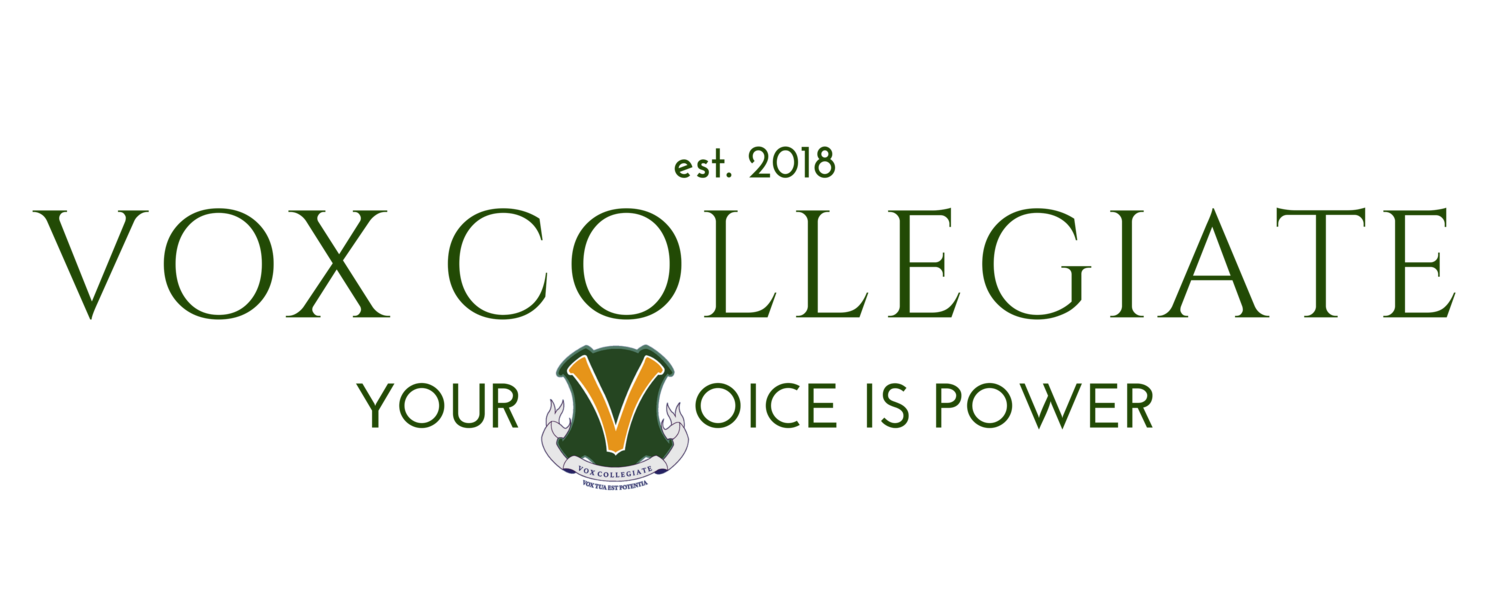Our Vision
In his 2014 book The Innovators, chronicling the story of the innovative minds behind the computer and internet, Walter Isaacson argues that one of the driving forces behind innovation is communication. Communication defines our relationship to the world around us. It includes the ways in which we both receive and distribute information. It is how we learn and teach. The Partnership for 21st Century Learning has identified communication as one of the four essential skills for students to be competitive in the 21st century.
At Vox Collegiate, we believe that communication is the most important skill for students to develop as they grow into adults because, without communication, we have limited ability to learn and grow, and we have no community. Given the centrality of communication to our society, our voices are powerful tools in crafting the world in which we want to live. Throughout history, we have seen communities of people left suffering because of an inability to give voice to their pain – a failure, through no fault of their own, to make audible the screams raging from injustice. In 1965, three UCLA students produced a short documentary, “Felicia,” following sixteen-year-old Felicia Bragg, a sixteen year old student living in Watts and attending Jordan High School. The documentary was not a dramatization of life after the Watts riot. In fact, it was made before the riot. “Felicia” was a short piece giving voice to the perspective and concerns of a young girl with dreams of going to college and improving her community. It was meant to communicate both the hurdles and hopes of the children of South Los Angeles. Following the riot and years of subsequent gang violence, some outside of the community may have associated South Los Angeles with violence and racial division. However, the voice of Felicia communicated a child's dream of a future filled with opportunity, choice, and equality. In remarking on her future, Felicia said -
“All these people that talk about Watts and say how dirty it is, how filthy it is, how much they want to leave. All my friends don’t want to live here – hate to say they live in Watts. I think that’s silly. They do live in Watts. Sure, everybody wants to get out. I don’t. I think I want to stay here. But, I don’t want to live like I’m living right now. But, I think that if Watts is ever going to be anything more than what it is, it’s gonna take people who will stay here and build it up. After all, if everybody just starts moving out, those that can’t move just stay here and live like their mothers and fathers lived. It’s not gonna do any good.”
Vox Collegiate exists to ensure that each of our students has a unique voice that can be heard – a voice to advocate for the uplift of the community and people that they know and love. They will know the power and potential of their voice to change the world, and be educated with the knowledge and skills to do so.
Vox Collegiate is guided by our goals for the high academic achievement of all students and the principle belief that every student can reach high academic expectations when supported to do so. With a research-based educational philosophy, supported by the replicable educational practices being executed at some of the most successful public charter schools locally and nationally, Vox Collegiate ensures that the students we educate develop the skills, knowledge, and character to excel in college and beyond. Within a school design geared to meet their needs and achieve ambitious goals, our students will realize the vision that Vox Collegiate has for them to be independent, self-motivated learners, with a confident voice forged in purposeful character development.

